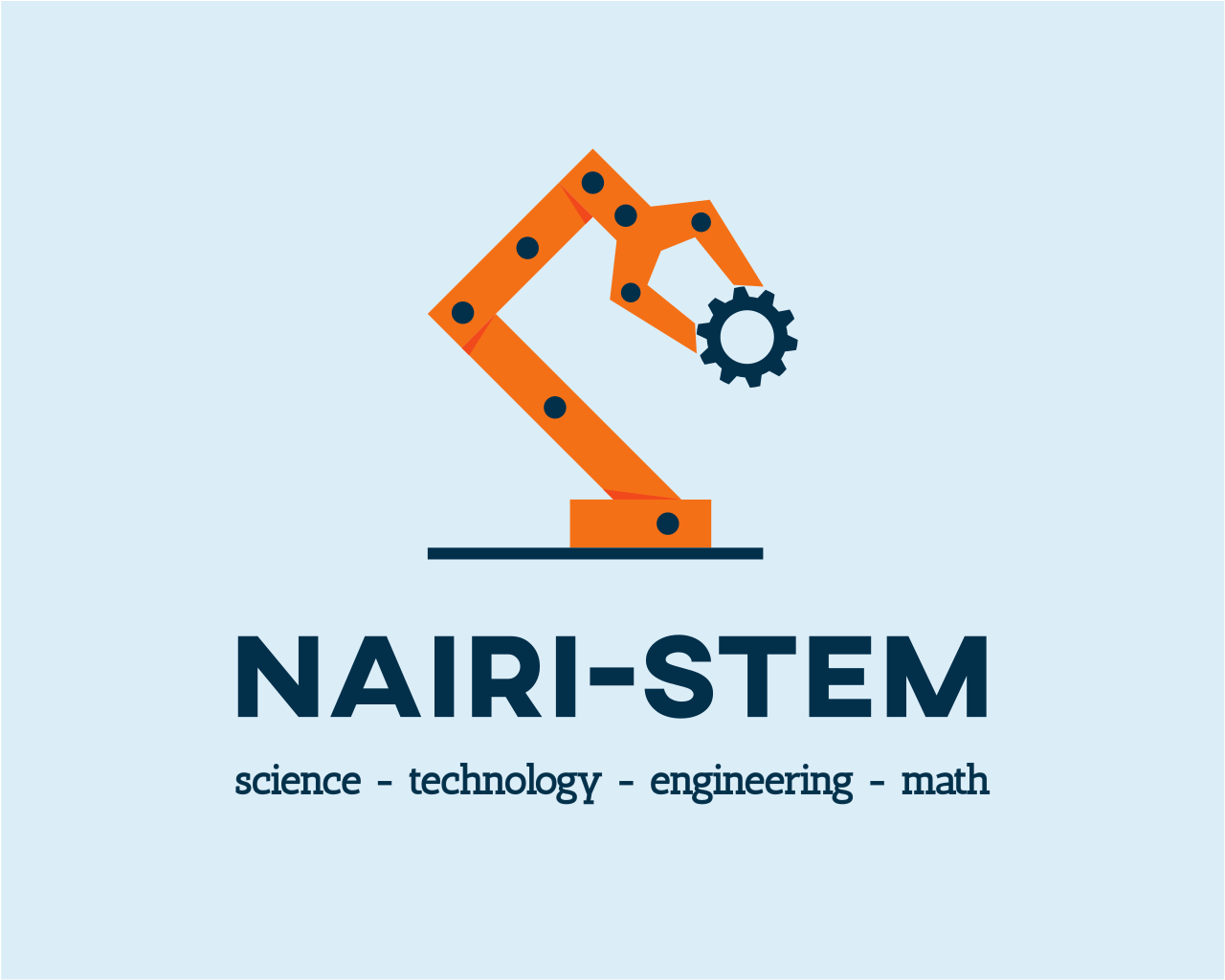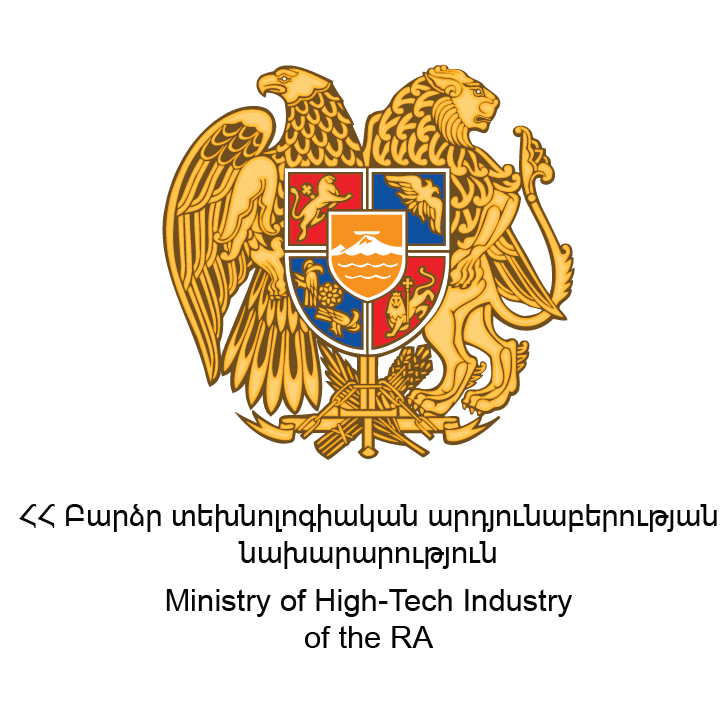
Nairi Stem LLC
Solar Energy Educational-Research Lab is a training and research platform designed for laboratory research in the field of solar energy. The system allows carry out laboratory research works to determine the efficiency of the solar panel depending on the ambient temperature, the light spectrum, the angle with the light source and the type of solar cell. The system can be used as an educational laboratory bench, where students can perform laboratory work, as well as use for scientific research works. It can also be successfully used as a testing system in production as well.
The proposed system is equipped with a light source with controllable intensity and spectrum, a light sensor, a solar panel with angle control system, a solar panel temperature control system, and a control and measurement system. The special software lets executing hands-on works as well as special measurements for research. Solar panel dashboard allows to easily change the solar battery without any difficulties, as well as to control the battery's temperature and angle with the light source. The system also provides possibility to explore and implement a light source automatic tracking system that significantly increases the efficiency of solar cells.
As a control and measurement device is used myRIO-1900 platform by US Based National Instruments Company. This platform is equipped with a powerful processor, has a built-in Wi-Fi module and is based on a FPGA.
The main features of the Solar Energy Educational-Research Lab are:
• Powerful control and measurement system along with interactive software with beautiful interface that allows measure data, view results in graphs and record into a file
• The ability to use for production and research purposes
• Ability to control and measure the light source spectrum
• Possibility to control the solar cell angle from the software
• Solar cell temperature control
• A special structure that excludes the influence of environmental light during measurements
• Solar cell and light source automatic control system
• Comparatively low cost
• Possibility to do measurements with use of different types of solar panel
• Possibility to get the technical characteristics of different types of solar panels, depending on the ambient temperature, the light source spectrum and the angle with the light source
• Availability of the laboratory manual which contains theoretical knowledge and description of executing hands on works
• English and Russian software interface and manual.





